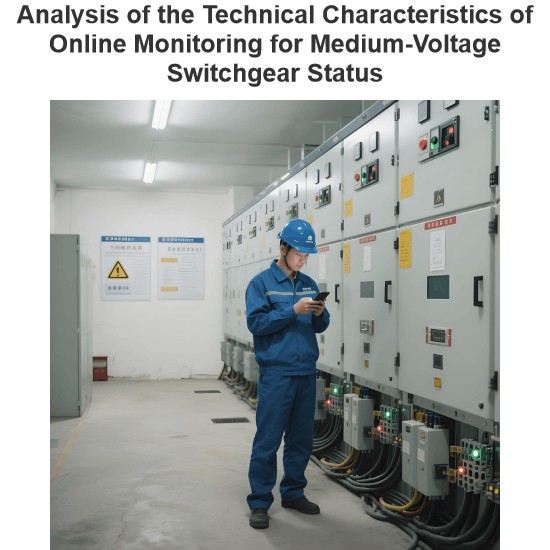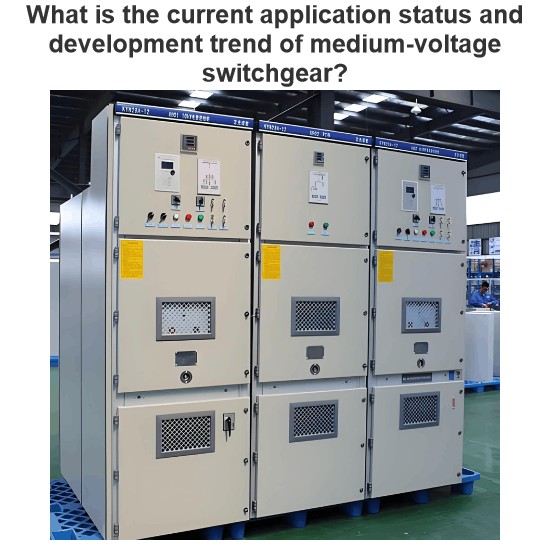What is MPCB?
What is MPCB?
MPCB Definition
A motor protection circuit breaker (MPCB) is an advanced device designed to protect electric motors from electrical faults and overloads.
Motor Protection Circuit Breaker Working Principle
The motor protection circuit breaker can be considered a subtype of a thermal magnetic circuit breaker, but with additional functions that are specially designed to protect electric motors. The basic working principle is similar to all other circuit breakers.
Thermal protection is used to guard the electric motor against overload. It is based on an expanding and contracting contact that disconnects the motor if excessive current is detected. It is very important to know that thermal protection has a delayed response, to allow the high inrush currents when a motor starts. However, if the motor is unable to start for some reason, thermal protection will trip in response to the extended inrush current.
Magnetic protection is used when there is a short circuit, line fault, or other high current electric fault. Unlike thermal protection, magnetic protection is instantaneous; to immediately disconnect the dangerous fault currents.
MPCBs are also equipped with a manual interruption mechanism, allowing disconnection of electric motors for replacement or maintenance.
MPCBs come in diverse current ratings, and many models feature adjustable settings. This versatility allows a single MPCB to protect motors of various capacities.
Motor Protection Circuit Breaker Functions
A motor protection circuit breaker, or MPCB, is a specialized electromechanical device that can be used with motor circuits of both 60 Hz and 50 Hz. It has several functions that allow it to provide a safe electrical supply for motors:
Protection against electrical faults such as short circuits, line-to-ground faults and line-to-line faults. The MPCB can interrupt any electrical fault that is below its breaking capacity.
Motor overload protection, when a motor draws electric current above its nameplate value for an extended period of time. Overload protection is normally adjustable in MPCBs.
Protection against phase unbalances and phase loss. Both conditions can severely damage a three-phase motor, so the MPCB will disconnect the motor in either case as soon as the fault is detected.
Thermal delay to prevent the motor from being turned back on immediately after an overload, giving the motor time to cool down. An overheated motor can be permanently damaged if it is turned back on.
Motor Circuit Switching – MPCBs are normally equipped with buttons or dials for this purpose.
Fault Signaling – Most models of motor protection circuit breakers have a LED display that is turned on whenever the MPCB has tripped. This is a visual indication for nearby personnel that a fault has occurred and the electric motor must not be connected again until the fault is addressed.
Automatic Reconnection – Some MPCB models allow a cool down time to be input in case there is an overload, after which the motor will restart automatically.
Electric motors are expensive equipment, so the role of the motor protection circuit breaker is very important. If a motor is not protected correctly, it may be necessary to carry out costly repair works or even replace the equipment completely. An electric motor that is adequately protected with an MPCB will have a much longer service life.
Conclusions of Motor Protection Circuit Breaker
MPCBs play a vital role in electrical safety, protecting motors that serve numerous functions in commercial and industrial settings.
Asynchronous motors, prevalent in industrial and commercial environments, require specific protection provided by MPCBs. These can be augmented with devices like under-voltage protectors, timers, and starters for enhanced safety and functionality.
Adequate selection of the MPCB is key in order to provide reliable motor protection. An undersized MPCB will not even allow the motor to start, while an oversized MPCB might be unable to detect over-current conditions for the electric motor being protected.
The Electricity Encyclopedia is dedicated to accelerating the dissemination and application of electricity knowledge and adding impetus to the development and innovation of the electricity industry.













